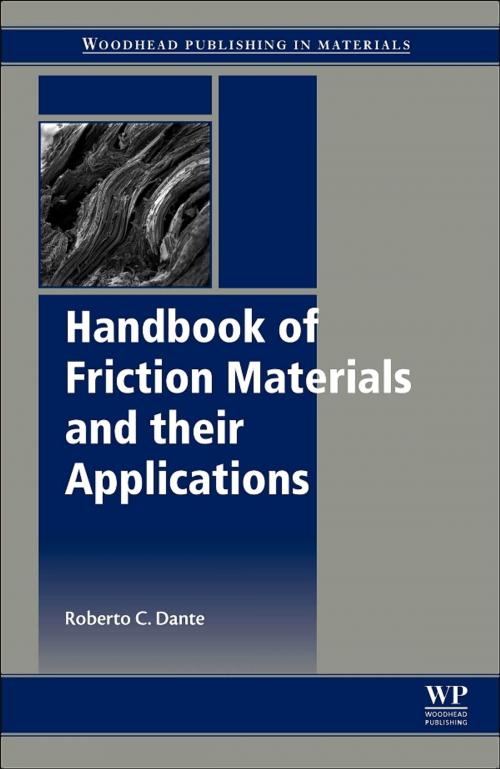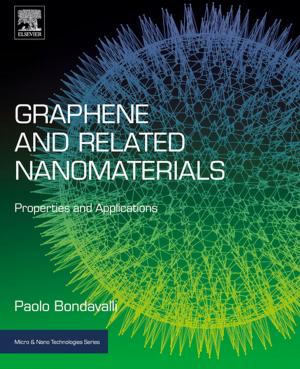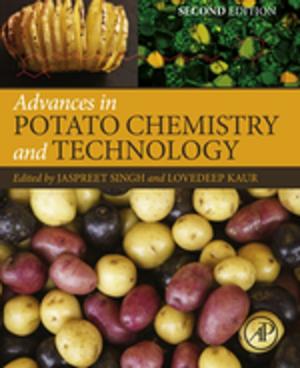Handbook of Friction Materials and their Applications
Nonfiction, Science & Nature, Technology, Engineering, Mechanical| Author: | Roberto C Dante | ISBN: | 9780081006207 |
| Publisher: | Elsevier Science | Publication: | November 24, 2015 |
| Imprint: | Woodhead Publishing | Language: | English |
| Author: | Roberto C Dante |
| ISBN: | 9780081006207 |
| Publisher: | Elsevier Science |
| Publication: | November 24, 2015 |
| Imprint: | Woodhead Publishing |
| Language: | English |
In the past few decades, friction material engineering has become more sophisticated with many tests and techniques to investigate the properties of the materials and their counterparts before, during and after friction occurred. There has not been too much information available on the different raw materials used for friction materials. This book is more focused towards the raw materials that formulate the different friction materials. It explains about their main friction effects and material structure.
Handbook of Friction Materials and Their Applications begins by explaining about different friction materials and how they can be used for brakes. It then goes onto explain the tribology of friction materials. Further out it discusses how different friction materials are formulated and produced. Noise and vibration are explained in a further chapter. The later part talks about how different raw materials can be used for friction materials, such as metals, carbon, organic and inorganic materials.
- Explains how different friction materials can be used for brakes
- Discusses the noise and vibration effects in friction materials
- Covers the raw materials that are used in friction materials
In the past few decades, friction material engineering has become more sophisticated with many tests and techniques to investigate the properties of the materials and their counterparts before, during and after friction occurred. There has not been too much information available on the different raw materials used for friction materials. This book is more focused towards the raw materials that formulate the different friction materials. It explains about their main friction effects and material structure.
Handbook of Friction Materials and Their Applications begins by explaining about different friction materials and how they can be used for brakes. It then goes onto explain the tribology of friction materials. Further out it discusses how different friction materials are formulated and produced. Noise and vibration are explained in a further chapter. The later part talks about how different raw materials can be used for friction materials, such as metals, carbon, organic and inorganic materials.
- Explains how different friction materials can be used for brakes
- Discusses the noise and vibration effects in friction materials
- Covers the raw materials that are used in friction materials















